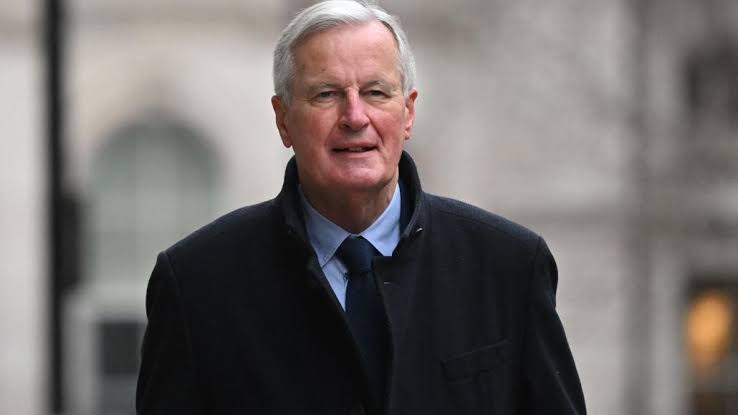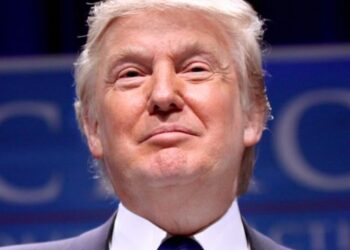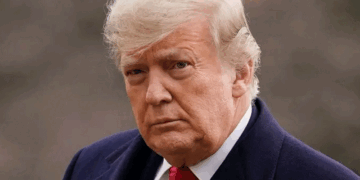After months of political uncertainty, French Prime Minister Michel Barnier has successfully formed a new government, as announced by President Emmanuel Macron’s chief of staff on Saturday.
Challenges of a Hung Parliament
The recent hung parliament presented significant challenges for President Macron, creating prolonged political instability. With parties struggling to agree on a parliamentary leader, Macron appointed Michel Barnier, the former European Union Brexit negotiator, as Prime Minister earlier this month. Since his appointment, Barnier has faced the arduous task of assembling a government capable of navigating the complexities of a hung parliament. Political analysts are skeptical about the stability of this new government and its ability to implement reform measures.
Key Appointments
Antoine Armand, a 33-year-old graduate of France’s prestigious administration school, will serve as Finance Minister. Jean-Noel Barrot has been appointed Foreign Minister, while Sebastien Lecornu remains in his role as Defence Minister. The government primarily comprises centrist and conservative parties, as noted by Alexis Kohler from the Elysee Palace.

Immediate Challenges Ahead
The new government’s first major challenge will be the adoption of the 2025 budget. It must also address significant gaps in public finances, which may necessitate politically sensitive tax increases. Although the centrist and conservative parties have joined forces, they lack the majority to pass legislation independently, relying on support from other factions, particularly Marine Le Pen’s far-right National Rally (RN).
The RN has offered tacit support for Barnier’s premiership but retains the option to withdraw support if its concerns regarding immigration, security, and other issues are not addressed.

















